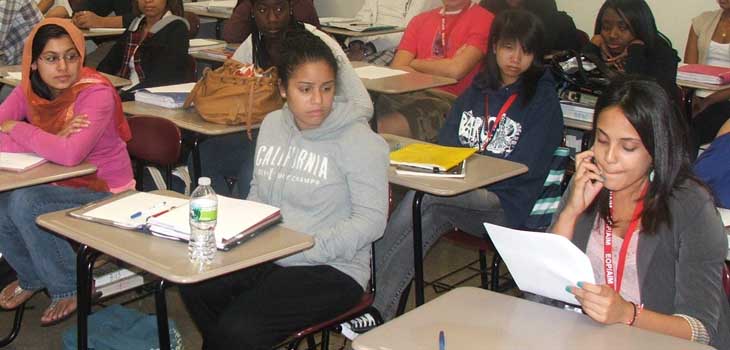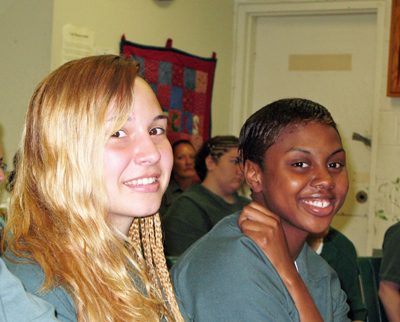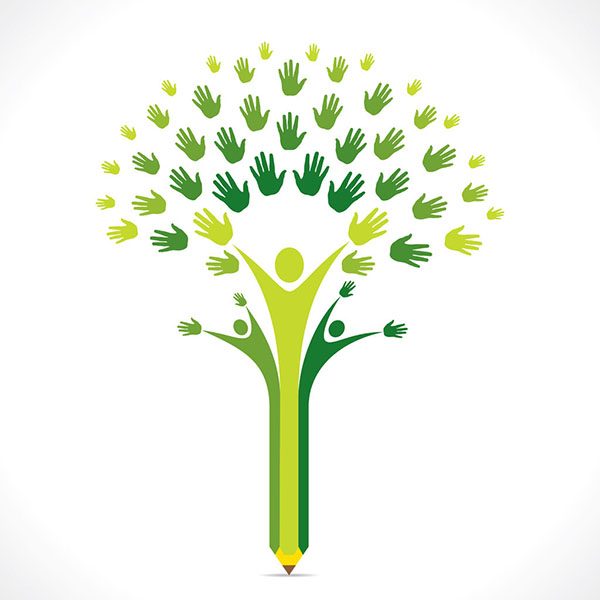Herstory Writers Workshop
Herstory Writers Workshop brings unheard voices, both near and far, into the public arena, transforming lived experiences into written memoir powerful enough to change hearts, minds and policy.

Organizational Background
Twenty-three years ago, novelist and essayist Erika Duncan gathered a small group of women who had suffered personal or political trauma. Although none had ever written for an audience, she guided them in writing their life stories in a way that would stir identification, empathy and compassion in even the hardest-hearted stranger. The resulting writing was more powerful than could have been expected. Building on this experience, she codified and refined the process to develop a pedagogy that can be used to teach this empathy-generating writing to anyone, regardless of level of education.
What We Do
Herstory reaches out to members of vulnerable and isolated populations in the jails, the schools and the community, offering access to facilitated workshops in which they write side by side across differences in race, class and culture. By sharing their stories, workshop participants develop a sense of connectedness and of individual and community empowerment and healing. Through this process they come to understand that they are not alone and not at fault, that it is the systems that have failed them and that their words have the power to change those systems.
Our Philosophy
The notion of passing along the dare to care (the cornerstone of the Herstory approach) is simple. The ramifications are far reaching and profound, as we move out of silence into speech.
When we care deeply enough, we find words we didn’t know we had. Each of us has a “poetry of experience” hidden deep inside us, that can be called into being out of the stream of memories that bubble up to the surface from our hope and our anger and grief. When we dare to imagine that someone might hear us and actually care, bit by bit, we break out of the silence and isolation that is the fate of so many.
 Through nearly a quarter of a century of bringing people into small writing circles and giving them the empathy-based tools to break silences together, we join hands to create a literature that will dare our larger community to care enough to take action, as we seek to find paths away from the cycles of poverty, violence, addiction, abuse and despair into which so many were born.
Through nearly a quarter of a century of bringing people into small writing circles and giving them the empathy-based tools to break silences together, we join hands to create a literature that will dare our larger community to care enough to take action, as we seek to find paths away from the cycles of poverty, violence, addiction, abuse and despair into which so many were born.
At any given time between 11 and 25 Herstory workshops, in English and Spanish, take place on Long Island and the immediate vicinity. Some are ongoing for months or years; some are time limited. Most of the narratives produced in these workshops shed a personal and compelling light on systems that have failed the writer, injustices faced or observed, families torn apart, the consequences of poverty and hopelessness. Many of the stories that emerge from Herstory workshops become instruments of change, tools more compelling than graphs, charts or statistics. Through publications, podcasts and public appearances, Herstory shares these narratives with human rights activists, county legislators, school officials, prison guards and community organizers looking for a story-based strategy for change.
The use of the methodology has been slowly spreading beyond Long Island, through a special project with the Winthrop Rockefeller Foundation in Arkansas, through webinars designed for fellows of Hispanics in Philanthropy across the United States, and through work with women leaders in Nicaragua.
In partnership with the Humanities Institute at Stony Brook University, Herstory offers training to a new cohort of facilitators every semester, to prepare to take the work to Long Island’s most vulnerable populations: incarcerated women, girls and men; teen mothers in high school; children of the incarcerated; young people who crossed the border by themselves; students facing the ravages of racism, neighborhood violence and discrimination; women living in shelters; refugees and Dreamers; farm and factory workers; and much more.
Herstory works with a growing number of college and community partners and is a member of the Coalition for Community Writing.

